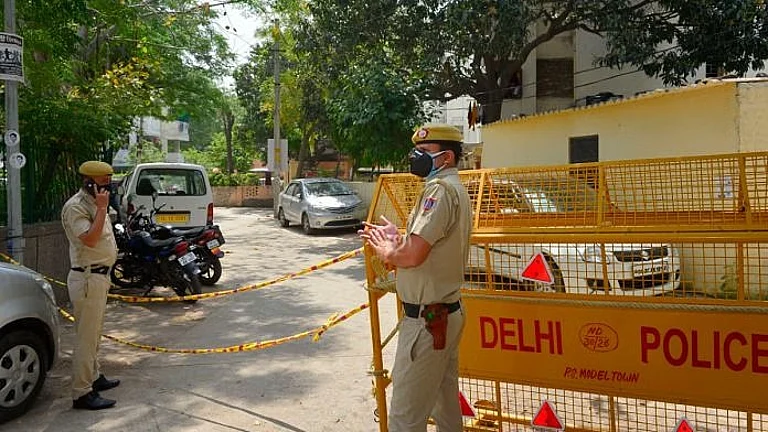
The Environment Department, citing GRAP Stage III, has ordered all offices in Delhi to operate at half strength to curb emissions.
Administrative heads can call in essential personnel, but most staff must work from home; private offices are required to enforce strict WFH policies and staggered hours.
Essential services—like hospitals, utilities, fire and transport—are exempt, and noncompliance could attract penalties under the Environment (Protection) Act.
The Delhi government has issued a directive requiring public and private offices to operate with only 50% of their staff physically present, while the rest work from home. This measure, announced as part of Stage III of the Graded Response Action Plan (GRAP), aims to reduce vehicular emissions and control worsening air quality.
The order, issued under Section 5 of the Environment (Protection) Act, mandates that administrative secretaries and heads of departments regularly attend office but limit overall in-person presence. Private companies must also cap attendance and ensure remote work, staggered timings, and reduced vehicular movement by staff.
Notably, services deemed essential—such as hospitals, public transport, water and sanitation, fire departments, and agencies enforcing pollution control—are exempt from the 50% restriction. Violation of the order could lead to penalties under the Environment (Protection) Act, including fines or imprisonment.
Delhi ranked as the most polluted among 33 states and Union territories with an annual mean PM2.5 concentration of 101 micrograms per cubic metre, 2.5 times the Indian standard and 20 times the WHO guideline, according to a new satellite-based analysis.
Independent research organisation Centre for Research on Energy and Clean Air in a report said Chandigarh recorded the second-highest annual average PM2.5 level at 70 micrograms per cubic metre during the study period from March 2024 to February 2025, followed by Haryana at 63 and Tripura at 62.
Assam (60), Bihar (59), West Bengal (57), Punjab (56), Meghalaya (53) and Nagaland (52) also exceeded the national standard.


























